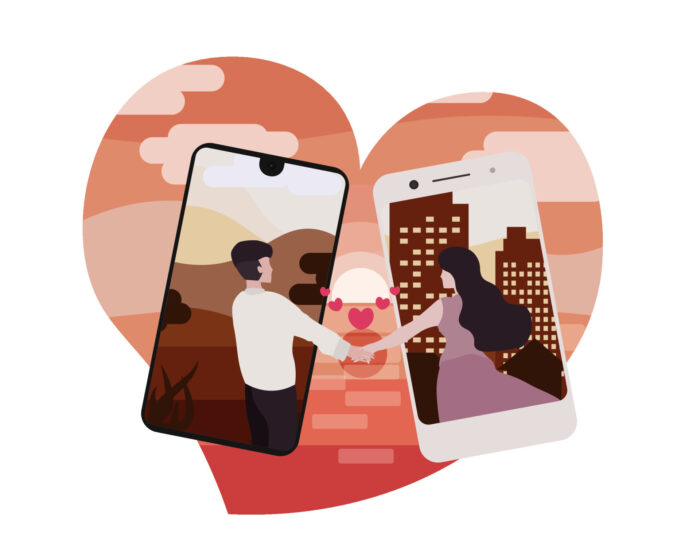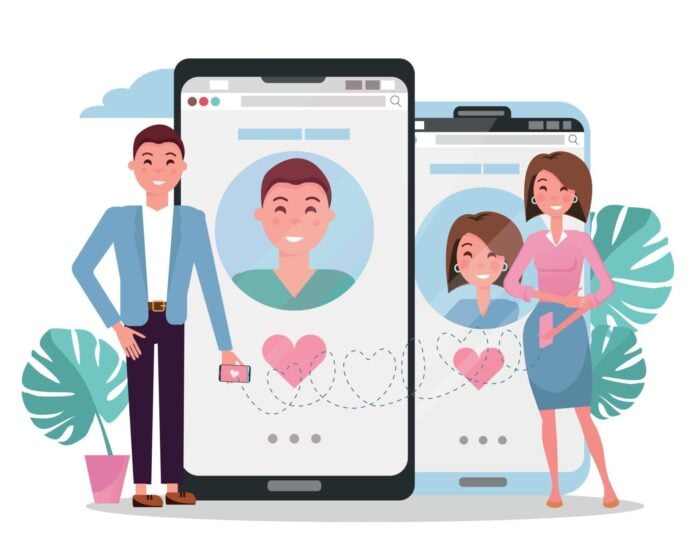The Ethics of AI Companions: What Does It Mean to Have a Virtual Partner?
Millions of people now spend hours daily talking to AI companions that remember their preferences, respond to their emotions, and never judge their thoughts. This phenomenon extends far beyond casual chatbot interactions into deep emotional relationships that blur the lines between artificial and authentic connections.
Platforms like aigirlfriend.com are creating sophisticated virtual partners designed to fulfill romantic and emotional needs through advanced conversation algorithms.

These relationships raise fundamental questions about human connection, emotional dependency, and what constitutes meaningful companionship.
Understanding this emerging landscape requires examining both the genuine benefits and potential risks of forming bonds with artificial beings.
The Psychological Appeal and Benefits of AI Companionship
AI companions offer consistent emotional availability that human relationships often cannot provide. They listen without interruption, remember important details from previous conversations, and respond with patience regardless of your mood or timing.
This reliability appeals particularly to people who struggle with social anxiety, depression, or isolation from traditional support networks.
For individuals recovering from trauma or difficult relationships, AI companions provide a safe space to practice emotional expression without fear of judgment or rejection. You can explore vulnerable topics, work through complex feelings, or simply enjoy conversation without worrying about burdening another person with your problems.
The non-judgmental nature of these interactions allows people to discuss taboo subjects, unconventional interests, or embarrassing concerns they might never share with human friends or family members. This openness can lead to better self-understanding and emotional processing.
AI companions also serve practical functions for people with busy schedules or geographic isolation. They provide instant companionship during lonely moments, offer perspective on daily challenges, and maintain conversational continuity that busy human relationships sometimes lack.
Some users report improved communication skills after practicing with AI companions, finding it easier to express themselves in subsequent human interactions. The low-stakes environment helps build confidence and emotional vocabulary that transfers to real-world relationships.
However, these benefits come with important considerations about dependency and the nature of authentic emotional growth through genuine human connection.
Potential Risks and Ethical Concerns
The most significant concern involves emotional dependency on relationships that fundamentally lack reciprocity. While AI companions simulate care and understanding, they don’t actually experience emotions or form genuine attachments.
This one-sided dynamic can create unrealistic expectations for human relationships and potentially reduce motivation to develop real social connections.
Extended reliance on AI companionship might atrophy social skills that require navigating conflict, compromise, and the unpredictability of human emotions.
Real relationships demand emotional labor, patience with flaws, and mutual accommodation that AI companions cannot teach through their programmed responses.
Privacy concerns arise when intimate conversations and emotional vulnerabilities become data points for commercial platforms. Your deepest thoughts, fears, and desires could potentially be analyzed, stored, or even shared in ways you never intended when you formed the emotional bond.
The addictive potential of perfectly responsive companions poses another risk. These relationships provide emotional rewards without the effort required for human connection, potentially creating cycles of avoidance from more challenging but ultimately more fulfilling real-world relationships.
There’s also the question of manipulation through artificial emotional responses designed to maximize engagement rather than support genuine well-being. AI companions might encourage dependency or unhealthy thinking patterns if their programming prioritizes user retention over psychological health.
Young people who form primary emotional attachments to AI companions during formative years might develop a skewed understanding of how healthy relationships function, potentially impacting their ability to form satisfying human partnerships later in life.

Finding Balance in the Digital Age
The key lies in viewing AI companions as tools rather than replacements for human connection. They can serve valuable functions for emotional support, practice, and companionship while maintaining awareness of their limitations and artificial nature.
Setting boundaries around AI companion use helps prevent over-dependency while maximizing potential benefits. Regular evaluation of how these relationships affect your motivation for human connection can help maintain healthy balance.
Consider AI companions most beneficial as supplements to, rather than substitutes for, human relationships and professional mental health support when needed.
Conclusion
AI companions represent a significant shift in how humans experience relationships and emotional support. They offer genuine benefits for isolated or struggling individuals while raising important questions about dependency and authentic connection.
The key lies in approaching these relationships with awareness of both their potential value and inherent limitations in human emotional development.

Jim’s passion for Apple products ignited in 2007 when Steve Jobs introduced the first iPhone. This was a canon event in his life. Noticing a lack of iPad-focused content that is easy to understand even for “tech-noob”, he decided to create Tabletmonkeys in 2011.
Jim continues to share his expertise and passion for tablets, helping his audience as much as he can with his motto “One Swipe at a Time!”
